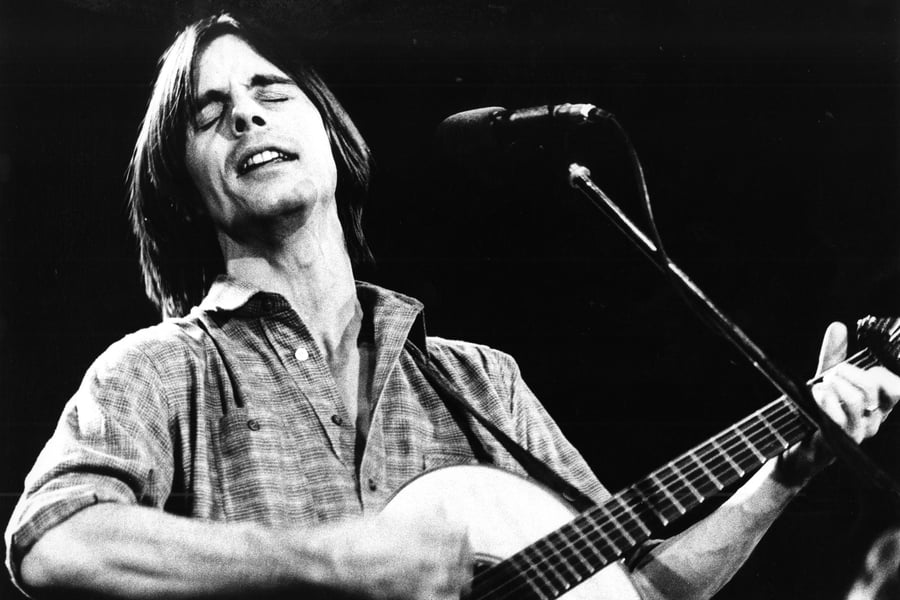Here at Rolling Stone, we regularly have the opportunity to talk with artists, producers, songwriters, and others in the music world about their current projects, goals and inspirations, highs and lows, and sometimes their take on the state of the country and world.
But sometimes we also just have to ask them a nagging question or two, and they’re game.
Such was the case recently with Jackson Browne as we were discussing the making of Let the Rhythm Lead: Haiti Song Summit Vol. 1, his collaboration with Jenny Lewis, Jonathan Wilson, Jonathan Russell, and a group of international musicians, many from Haiti. Browne is also at work on a new album of his own, tentatively set for the fall, and rather than blasting through the songs one after another, he’s taking his time, starting and completing each one in full before moving onto the next. One example of the former approach, he said, was his 1974 album Late for the Sky, a favorite of his and his fans.
The mere mention of the album triggered a trivial but gnawing memory. On its back cover, tucked in between credits for the musicians, was the following note: “Lyrics available upon request from Warner Bros. Publications, 75 Rockefeller Plaza, N.Y., N.Y. 10019.” As a very young and extremely naïve music geek, I thought, “Wow, cool!” and wrote to that address asking for the words to all the songs, since they weren’t included anywhere in the packaging.
And … nothing. No response.
Weeks went by, then months. Still nothing arrived in the mailbox. (Keep in mind: This is pre-internet.) Finally, I realized I would probably not be receiving anything. Maybe they just ran out of them, I told myself, and went back to trying to decipher the lyrics as I listened.
So when Late for the Sky came up during our recent talk, I had to ask: What exactly happened there? All those years later, I told Browne half-jokingly, I finally had to complain.
Love Music?
Get your daily dose of everything happening in Australian/New Zealand music and globally.
Browne chuckled knowingly as soon as I mentioned this; it was clearly not the first time the topic had come up. “I complained about it too,” he said. “They said I could do that. I said, ‘We’re going to print the lyrics, right?’ And [David] Geffen [head of his label, Asylum] said, ‘No.’ We hadn’t been printing lyrics on those albums. But I said people wanted them. He said, ‘They can write to the publisher.’”
Hence the name and address of the company that handled Browne’s music publishing. The only problem, Browne added, is that the mechanics of the offer weren’t quite worked out. “[The label] said that without being the publisher,” he says. “That was Warner Brothers. So we put that on the back cover and people wrote in and then said, ‘Hey, they won’t send us the lyrics.’ But Warner Brothers said, ‘Are you kidding? It would cost us 10 cents to send the lyrics. We would have to print them and then get someone to put on the postage stamps, and who’s going to pay for it?’
“Sorry about that,” Browne added. “I was disappointed, because I liked the way they read. I thought, ‘These are pretty good!’”



































